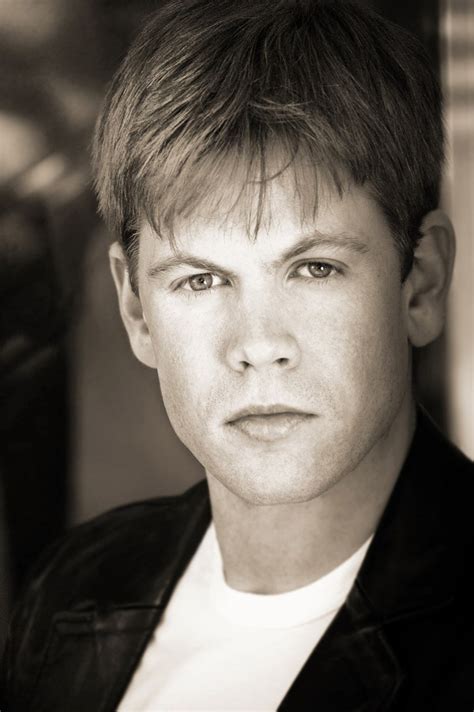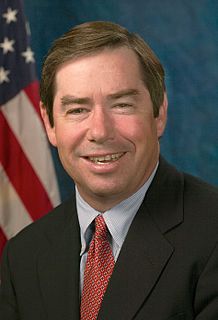A Quote by Martin Luther King III
My father's approach to the most brutal and unambiguous social injustices during the civil rights struggle was rooted in nonviolence as a morally and tactically correct response.
Related Quotes
For black politicians, civil rights organizations and white liberals to support the racist practices of the University of Michigan amounts to no less than a gross betrayal of the civil rights principles of our historic struggle from slavery to the final guarantee of constitutional rights to all Americans. Indeed, it was practices like those of the University of Michigan, but against blacks, that were the focal point of much of the civil rights movement.
When you expand the civil-rights struggle to the level of human rights, you can then take the case of the black man in this country before the nations in the UN. You can take it before the General Assembly. You can take Uncle Sam before a world court. But the only level you can do it on is the level of human rights. Civil rights keeps you under his restrictions, under his jurisdiction. Civil rights keeps you in his pocket.
Eventually [black men] are arrested, whether they've committed any serious crime or not, and branded criminals or felons for life. Upon release, they're ushered into a parallel social universe in which the civil and human rights supposedly won during the Civil Rights Movement no longer apply to them.


































